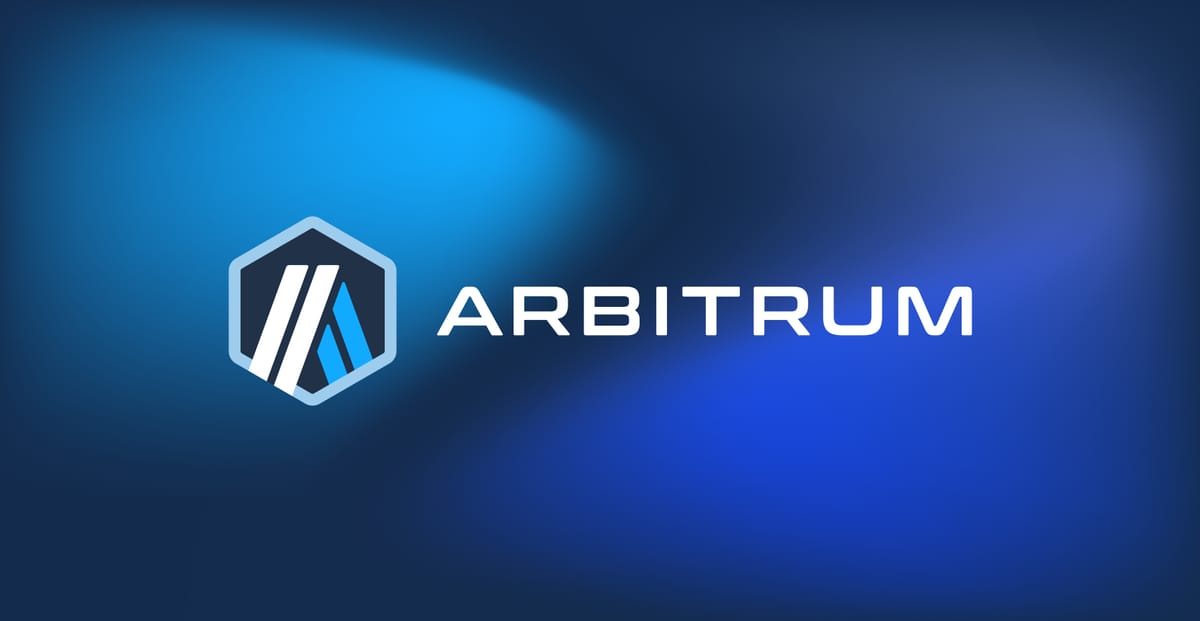What is blockchain technology?

Blockchain technology is something that has been commonly talked about but widely misunderstood. It is often said in the context of cryptocurrency, Bitcoin, or even decentralization. But what exactly is the blockchain, and why should you care about it?
What exactly is blockchain?
At its most basic level, blockchain refers to a digital ledger—or online account book—distributed across a network of computers. These computers are referred to as nodes. Every transaction that has ever taken place on a network is recorded on a node. These nodes are responsible for storing blockchain data, verifying that a transaction is accurate (an example would be ensuring that a user has enough funds in their account and that the transactions abide by rules predetermined by a protocol), and relaying information.
In a proof-of-stake blockchain like Arbitrum and Ethereum, nodes are run by validators (software programs or machines operated by humans). Validators are unique nodes to PoS blockchains; they propose, validate, and finalize blocks. To become a validator, you must lock your cryptocurrency onto the blockchain network—this process is referred to as staking.
On Ethereum, for example, to become a validator, a user must deposit 32ETH to activate validator software. Validators participate in securing the blockchain but are also penalized if they act dishonestly. This is to ensure that they act with integrity. It is important to note that all validators are nodes, but not all nodes are validators.
Validators are responsible for creating blocks and then reaching “consensus” on the blockchain, which means they must collectively agree that the data they received is valid. To create a block, a validator must have the following information:
- Transaction data (who sent what and to whom),
- A hash (a unique identifier for the block),
- The hash of the previous block (linking it to the last block in the chain).
Once this process is completed, the block is broadcast to all nodes in the blockchain network, and these nodes will check the validity of these transactions to ensure their accuracy through a “consensus mechanism.” After this is confirmed, the block will be stored and linked to the previous block, forming a chain of records — hence the term blockchain!
What is the relationship between blockchain and cryptocurrencies?
Cryptocurrencies are virtual currencies that operate on the blockchain. These virtual forms of money are designed to eliminate third pirates, such as banks, and can be used as a peer-to-peer way of transferring value.
On the other hand, the blockchain is the underlying technology that allows cryptocurrencies to exist, and it is essential to emphasize that blockchain user cases are not limited to just these onchain currencies.
Aside from cryptocurrencies, blockchain can also record and verify other types of data. These could include medical records, government identification, and voting results. In an industry such as healthcare, this could mean a safe space to store and share medical records, with patients determining who has access to this information. In government, this could mean creating an entirely tamper-proof voting system.
TL;DR? No problem:
- What is blockchain in simple terms? Blockchains are distributed online account books that record data securely and transparently.
- What are the benefits of blockchain technology?
- Decentralized: there is no central authority that controls the technology.
- Transparent: everyone who uses the blockchain will have access to the same data.
- Secure: the way blockchain is designed makes it tamper-proof.
- How is blockchain different from cryptocurrency? Blockchain is the underlying technology that enables cryptocurrency to exist. Blockchain user cases are not limited to onchain currencies. The technology can also be used to verify and record other types of data.


































